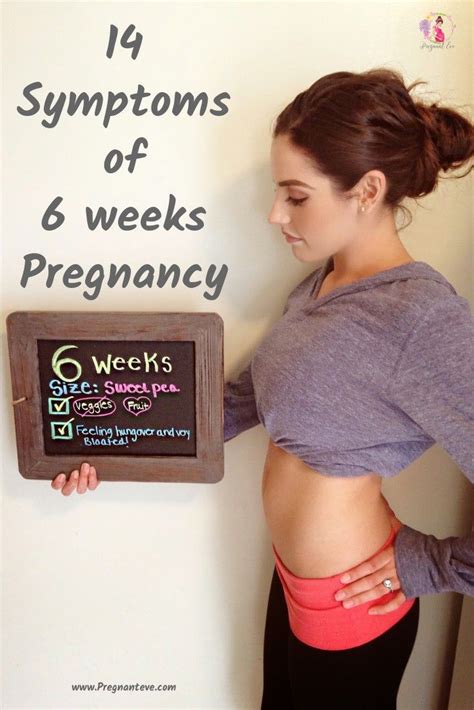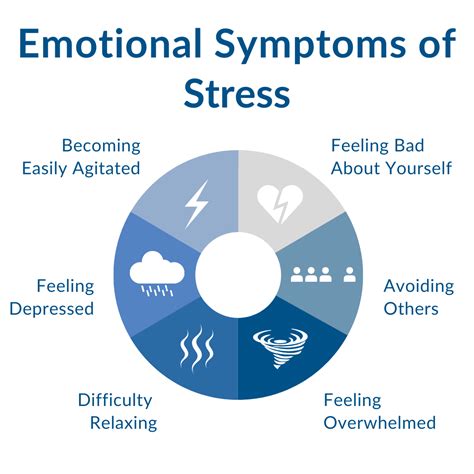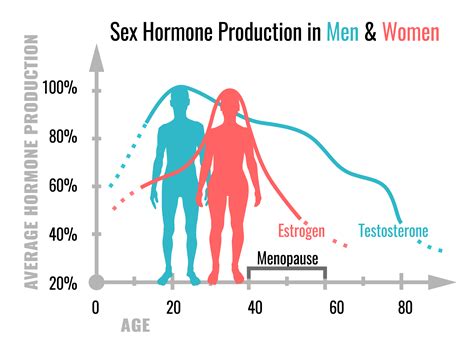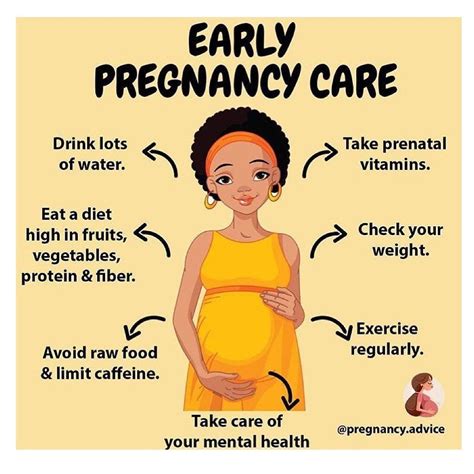At six weeks pregnant, many women are eager to know what to expect and how their body will change. This period is crucial, and being aware of the symptoms can help expectant mothers prepare and take necessary precautions. The early signs of pregnancy can vary from one woman to another, but there are common symptoms that many women experience during this time.
As the embryo implants itself into the uterine lining, hormonal changes start to occur, leading to various physical and emotional symptoms. Some women may not notice any significant changes at six weeks, while others may experience a range of symptoms. It's essential to remember that every pregnancy is unique, and the severity of symptoms can vary greatly.
During the sixth week of pregnancy, women may start to feel the effects of hormonal fluctuations, which can cause mood swings, fatigue, and breast tenderness. Morning sickness, although it can occur at any time, often begins around this period. As the body adapts to the growing embryo, women may experience food cravings or aversions, and their sense of smell may become more sensitive. Understanding these symptoms and how to manage them can help expectant mothers navigate this critical period.
Physical Symptoms at 6 Weeks Pregnant
At six weeks pregnant, physical symptoms can be mild or severe, depending on the individual. Some common physical symptoms include:
* Morning sickness: Although it's called "morning" sickness, it can occur at any time of the day. The exact cause is unknown, but it's believed to be related to hormonal changes.
* Breast tenderness: Hormonal fluctuations can cause breast tenderness, swelling, and darkening of the nipples.
* Fatigue: As the body works to support the growing embryo, women may feel extremely tired and exhausted.
* Food cravings or aversions: Some women may experience strong cravings for specific foods, while others may develop aversions to certain smells or tastes.
* Mood swings: Hormonal changes can lead to emotional ups and downs, causing irritability, anxiety, or depression.
* Bloating and cramping: Mild cramping and bloating are common as the embryo implants itself into the uterine lining.
Emotional Symptoms at 6 Weeks Pregnant
In addition to physical symptoms, many women experience emotional changes during the sixth week of pregnancy. These can include:
* Mood swings: Hormonal fluctuations can cause sudden mood changes, making women feel happy, sad, or anxious.
* Anxiety: The uncertainty of pregnancy and the fear of the unknown can cause anxiety and stress.
* Depression: Some women may experience mild or severe depression, which can be triggered by hormonal changes.
* Irritability: Women may feel irritable or short-tempered due to fatigue, hormonal changes, or other physical symptoms.
* Emotional sensitivity: Women may become more emotional and sensitive, crying easily or feeling overwhelmed.
Hormonal Changes at 6 Weeks Pregnant
Hormonal changes play a significant role in the symptoms experienced during the sixth week of pregnancy. The main hormones involved are:
* Human chorionic gonadotropin (hCG): This hormone is produced by the placenta and helps maintain the pregnancy. It's also responsible for many of the symptoms experienced during early pregnancy.
* Estrogen: This hormone helps stimulate the growth of the embryo and supports the development of the placenta.
* Progesterone: This hormone helps prepare the uterus for implantation and supports the growth of the embryo.
Managing Symptoms at 6 Weeks Pregnant
While it's not possible to eliminate all symptoms, there are ways to manage them. Some tips include:
* Eating small, frequent meals to help alleviate morning sickness
* Staying hydrated by drinking plenty of water
* Taking prenatal vitamins to support the growth of the embryo
* Engaging in gentle exercise, such as walking or yoga, to help reduce stress and anxiety
* Practicing relaxation techniques, such as deep breathing or meditation, to help manage emotional symptoms
Ultrasound and Pregnancy Confirmation at 6 Weeks
At six weeks pregnant, an ultrasound can confirm the pregnancy and provide valuable information about the embryo's development. A transvaginal ultrasound is usually performed at this stage, as it provides a clearer image of the embryo. The ultrasound can:
* Confirm the presence of a heartbeat
* Measure the size of the embryo
* Check for any potential complications, such as ectopic pregnancy or miscarriage
What to Expect at 6 Weeks Pregnant
At six weeks pregnant, women can expect:
* Their belly to start showing, although it may not be noticeable to others
* Their breasts to become more tender and swollen
* Morning sickness to start or worsen
* Fatigue and emotional symptoms to continue
* Their sense of smell to become more sensitive
* Food cravings or aversions to develop
Pregnancy Care and Prenatal Check-Ups at 6 Weeks
Regular prenatal check-ups are crucial during pregnancy, and the sixth week is no exception. Women should:
* Schedule a prenatal appointment with their healthcare provider
* Discuss any concerns or symptoms they're experiencing
* Get guidance on managing morning sickness, fatigue, and other symptoms
* Learn about the importance of prenatal vitamins and a healthy diet
* Get information about pregnancy complications and how to prevent them
Prenatal Vitamins and Nutrition at 6 Weeks Pregnant
A well-balanced diet and prenatal vitamins are essential for the growth and development of the embryo. Women should:
* Take a prenatal vitamin supplement to ensure they're getting all the necessary nutrients
* Eat a variety of fruits, vegetables, whole grains, and lean proteins
* Avoid foods high in sugar, salt, and unhealthy fats
* Stay hydrated by drinking plenty of water
* Limit their intake of caffeine and alcohol
What are the most common symptoms at 6 weeks pregnant?
+
The most common symptoms at 6 weeks pregnant include morning sickness, breast tenderness, fatigue, food cravings or aversions, and mood swings.
How can I manage morning sickness at 6 weeks pregnant?
+
To manage morning sickness, eat small, frequent meals, stay hydrated, and avoid triggers like strong smells or spicy foods.
What can I expect during an ultrasound at 6 weeks pregnant?
+
During an ultrasound at 6 weeks pregnant, you can expect to see the embryo's heartbeat, measure its size, and check for any potential complications.
As women navigate the sixth week of pregnancy, it's essential to remember that every pregnancy is unique, and symptoms can vary greatly. By understanding the physical and emotional symptoms, hormonal changes, and importance of prenatal care, women can better manage their symptoms and ensure a healthy pregnancy. If you're experiencing any concerns or questions, don't hesitate to reach out to your healthcare provider. Share your experiences and tips with others in the comments below, and help create a supportive community for expectant mothers.








